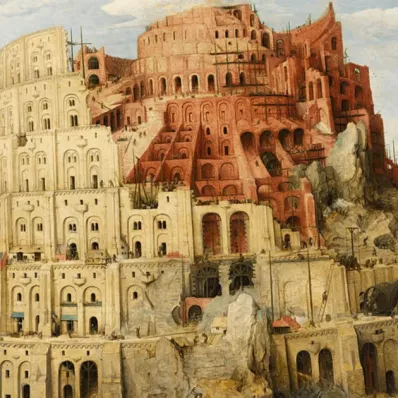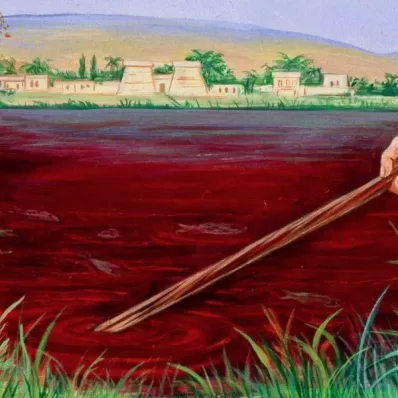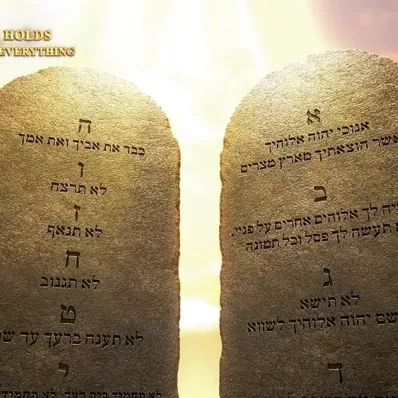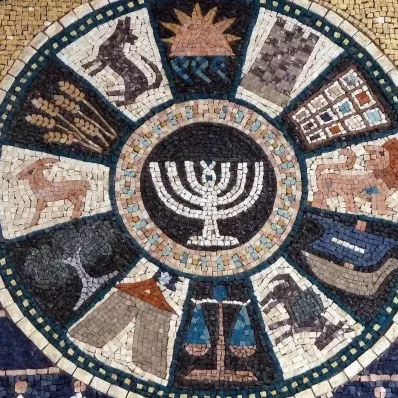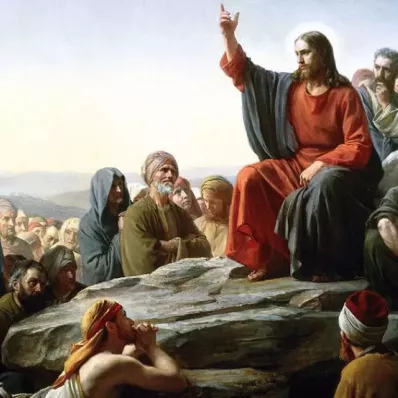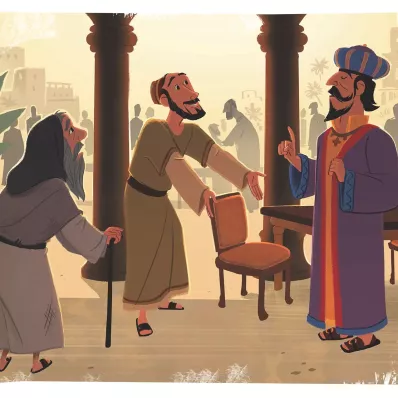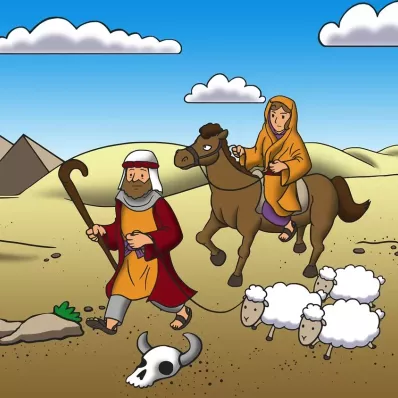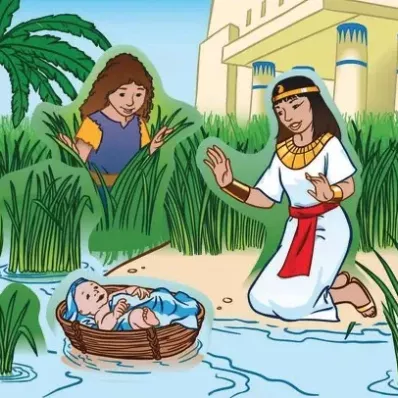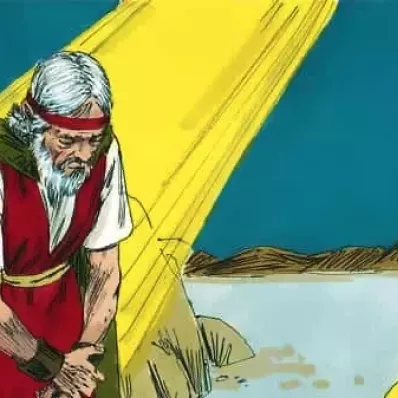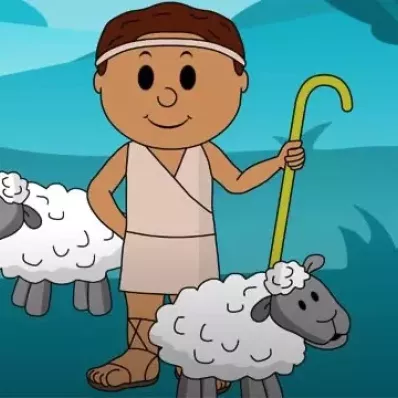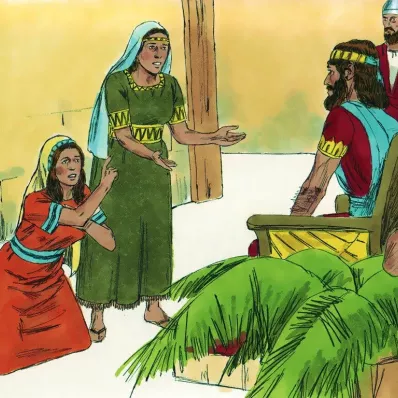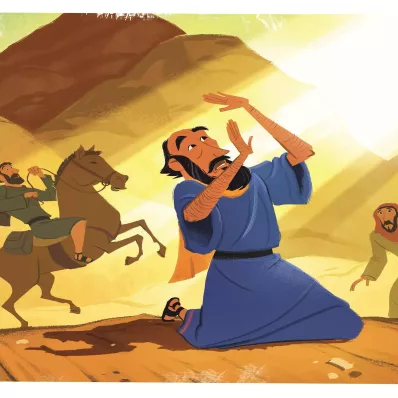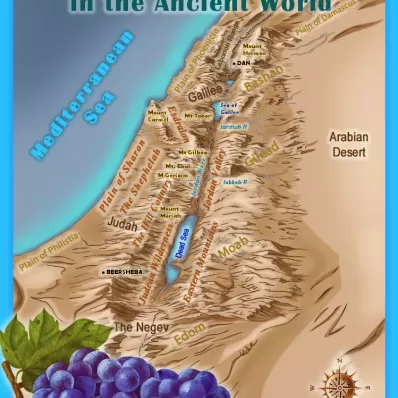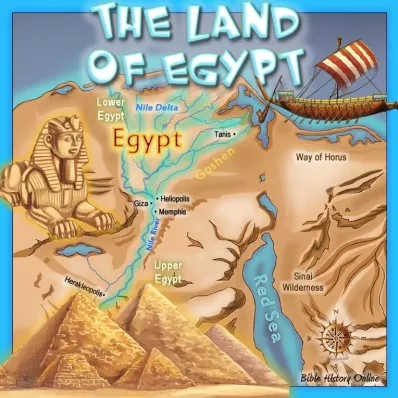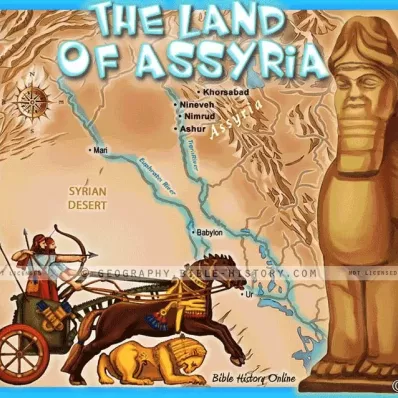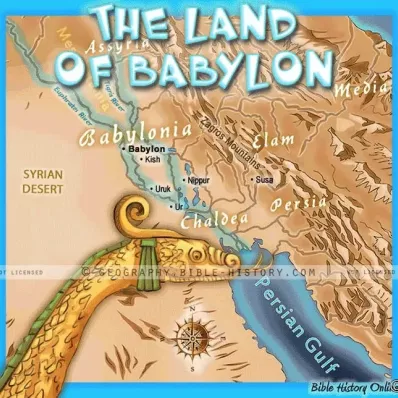Jehoash
Jehovah-given. (1.) The son of King Ahaziah. While yet an
infant, he was saved from the general massacre of the family by
his aunt Jehosheba, and was apparently the only surviving
descendant of Solomon (2 Chr. 21:4, 17). His uncle, the high
priest Jehoiada, brought him forth to public notice when he was
eight years of age, and crowned and anointed him king of Judah
with the usual ceremonies. Athaliah was taken by surprise when
she heard the shout of the people, "Long live the king;" and
when she appeared in the temple, Jehoiada commanded her to be
led forth to death (2 Kings 11:13-20). While the high priest
lived, Jehoash favoured the worship of God and observed the law;
but on his death he fell away into evil courses, and the land
was defiled with idolatry. Zechariah, the son and successor of
the high priest, was put to death. These evil deeds brought down
on the land the judgement of God, and it was oppressed by the
Syrian invaders. He is one of the three kings omitted by Matthew
(1:8) in the genealogy of Christ, the other two being Ahaziah
and Amaziah. He was buried in the city of David (2 Kings 12:21).
(See JOASH T0002078 [4].)
(2.) The son and successor of Jehoahaz, king of Israel (2
Kings 14:1; compare 12:1; 13:10). When he ascended the throne the
kingdom was suffering from the invasion of the Syrians. Hazael
"was cutting Israel short." He tolerated the worship of the
golden calves, yet seems to have manifested a character of
sincere devotion to the God of his fathers. He held the prophet
Elisha in honour, and wept by his bedside when he was dying,
addressing him in the words Elisha himself had used when Elijah
was carried up into heaven: "O my father, my father, the chariot
of Israel and the horsemen thereof." He was afterwards involved
in war with Amaziah, the king of Judah (2 Chr. 25:23-24), whom
he utterly defeated at Beth-shemesh, on the borders of Dan and
Philistia, and advancing on Jerusalem, broke down a portion of
the wall, and carried away the treasures of the temple and the
palace. He soon after died (B.C. 825), and was buried in Samaria
(2 Kings 14:1-17, 19, 20). He was succeeded by his son. (See
JOASH T0002078 [5.].)

